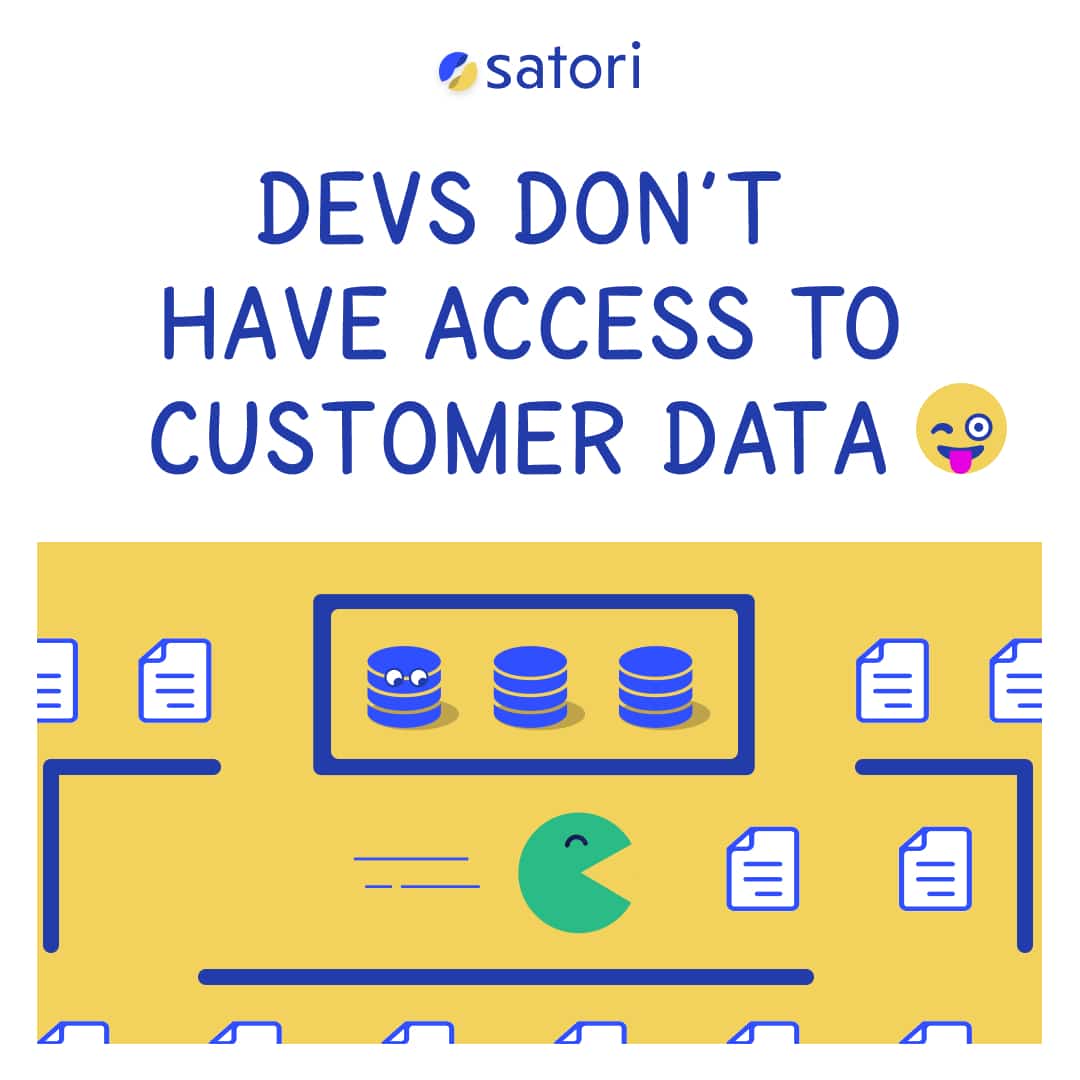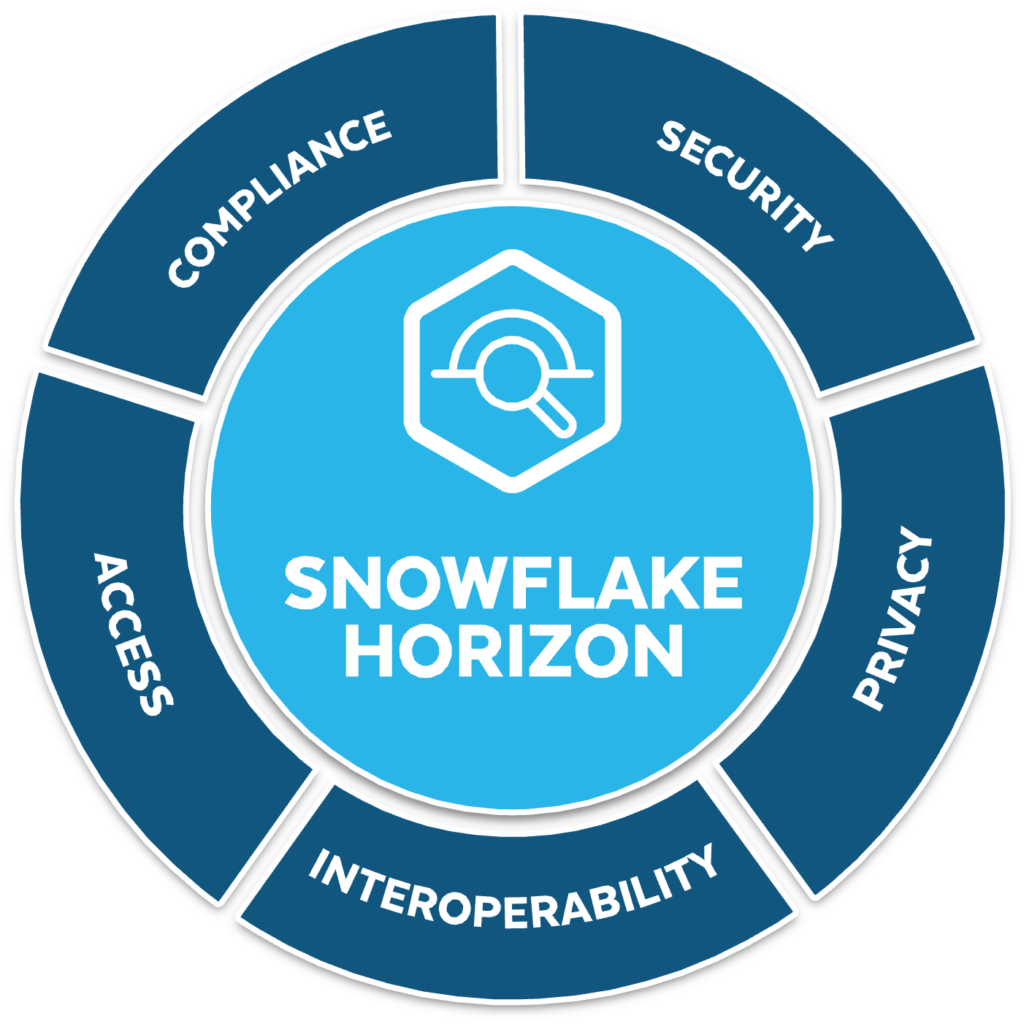As the world becomes increasingly data-driven, companies must realize the huge responsibility of protecting confidential or sensitive data.
Data security and protection are critical because it protects an organization’s information against fraud, hacking, phishing, and identity theft. Any firm that aspires to operate efficiently must secure its data security by developing a data protection strategy. The importance of data protection grows in tandem with the amount of data kept and created.
Data leakage and cyberattacks can have catastrophic consequences. As a result, businesses must secure their data proactively and upgrade their security procedures regularly.
One way to do this is with a Database Firewall.
In this article, you will learn the following:
What is a Database Firewall?
Database Firewalls are a kind of application firewall that monitors database traffic to detect and protect against database-specific attacks that primarily seek to access sensitive data held in the databases. Database Firewalls also allow for the monitoring and auditing of all access to cloud databases via logs.
Database Firewalls, in general, are security-hardened software that is installed either in line with the database server directly before the database server or near the network gateway when safeguarding numerous databases on multiple servers.
What is the Oracle DB Firewall?
Today, network firewalls serve a critical role in securing data centers from unwanted external access. On the other hand, data center attacks have become more sophisticated, circumventing perimeter protection, exploiting trusted intermediate tiers, and even impersonating privileged users.
Thus, enforcing database security policies has become crucial. The Oracle DB Firewall creates a protective inner-perimeter that monitors and enforces standard application behavior, preventing SQL injections, application bypass, and other harmful activity from gaining access to the Database.
The following are the essential components of a typical Oracle DB Firewall architecture:
- The database network includes both the database server and the database clients: Oracle DB Firewall does not need to be installed on the server or clients. If necessary, you can install Database Firewall Local Monitoring on the database server, which allows the Database Firewall to monitor SQL traffic coming from users or processes with direct access to the database machine.
- The Database Firewall: The Oracle DB Firewall software gets installed on a dedicated server. Each Database Firewall captures SQL data from SQL databases and transmits it to the Database Firewall Management Server for report analysis. After sending SQL data to the Management Server, the Database Firewall deletes it locally. The Management Server then stores the SQL data.
- Applications for Database Firewalls and other third-party applications: These programs are used to configure, monitor, and administer the system. These applications can be run on a single computer if necessary. However, because programs are frequently utilized by various persons or from different locations, each application usually has its computer.
How Database Firewalls Protect Databases
Database Firewalls come with pre-defined, adjustable security audit policies that can detect database threats based on previous occurrences or threat patterns known as “signatures.”
As many tasks inside a database get implemented as a sequence of executable SQL statements, the SQL statements or queries get compared to these signatures, which are updated often by the manufacturers to identify known database attacks.
However, not all database attacks are well-known. As a result, Database Firewalls in certain cases create or include an allowlist of safe SQL statements. All input commands get checked against this white list, and only those that match the white list receive access to the Database.
Many Database Firewalls can also detect database, operating system, and protocol vulnerabilities in databases and alert the administrator, who can then take appropriate action to repair them. Nonetheless, certain Database Firewalls can monitor database answers to prevent data leakage. Instead of immediately banning questionable operations, database firewalls can alert users.
Certain Database Firewalls can assess criteria such as IP address, time, location, type of applications, and others from which irregular database access requests originate and then decide whether or not to block them depending on the administrator’s policies. However, False positives and False negatives in Database Firewalls are a concern.
Database Firewalls Use Cases
A firewall, as previously established, is an integral component of the system. With that, the following are some of the use cases of a database firewall:
Prevents the Transmission of Unwanted Information
The amount of damaging and inappropriate content on the internet is limitless. Without a solid firewall, these types of content can easily enter the system. Good thing, most operating systems feature a firewall that blocks undesired and dangerous internet data.
Secures Smooth Business Operations
In today’s commercial world, enterprise software and systems are critical. Officials can access, use, and modify data, thanks to decentralized distribution and data accessibility across the globe.
Ensures Security Based on Protocol and IP Address
Hardware firewalls are useful for examining traffic patterns based on a certain protocol, and they are relatively inexpensive. When a link gets established, there is a log of all activity kept from beginning to end, which aids in the system’s security.
Database Firewall vs. Web Application Firewall
On the other hand, a network firewall safeguards a secure local-area network from unauthorized access and attacks. Its main goal is to distinguish a secure zone from a less secure zone and control communication between them. Without it, every computer with a public Internet Protocol (IP) address is vulnerable to attack from outside the network.
In a nutshell, Database Firewalls are a category of application firewalls that monitor traffic specific to databases to detect and protect against database-specific attacks, which typically seek to access sensitive data held in databases.
Conclusion
A database firewall is a cybersecurity technique that safeguards systems when connected to the internet. Keeping the systems secure is critical, with so much dangerous stuff floating across the internet. It makes little difference how Database Firewalls get implemented; what matters is that they secure systems successfully.
Data Security with Satori
Satori, The DataSecOps platform, gives companies the ability to enforce security policies from a single location, across all databases, data warehouses and data lakes. Such security policies can be data masking, data localization, row-level security and more.
Learn more:




